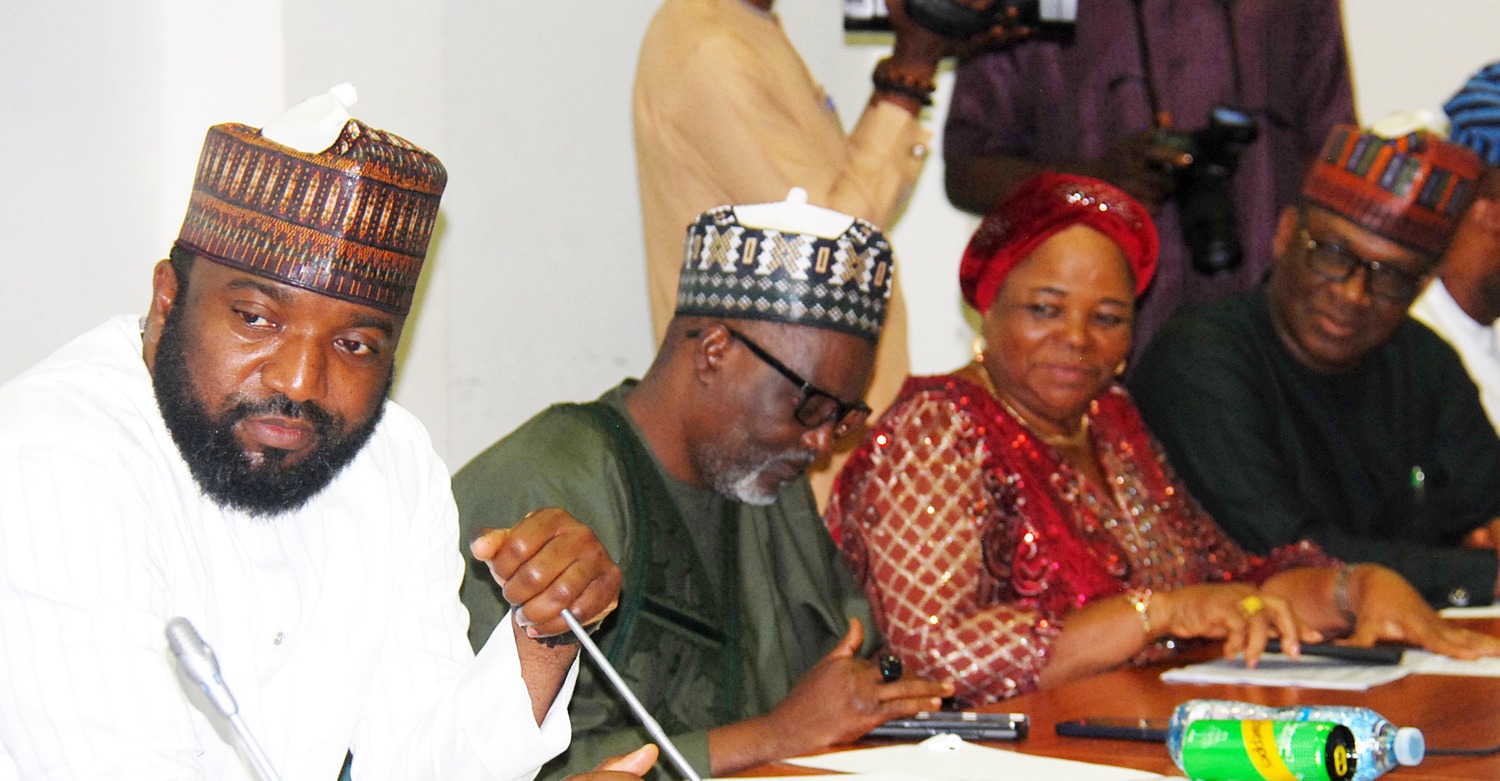A committee on rehabilitation and operationalisation of the Baro inland port has vowed to turn years of abandoned promises into concrete results

In a renewed bid to reactivate Nigeria’s dormant inland waterway infrastructure, the House of Representatives Ad-hoc Committee on the Rehabilitation and Operationalisation of the Baro Inland Port has held its inaugural meeting, vowing to turn years of abandoned promises into concrete results.
Chairing the session, Rep. Saidu Abdullahi (APC Niger), described the Baro Port located in Niger State as a “sleeping giant” and stressed the urgent need to restore its status as a critical logistics hub in Nigeria’s transport ecosystem.
“This committee is tasked with converting the endless talk over the years into real action,” he declared.
He traced Baro’s historical significance back to the colonial era, when it served as a vital link in a multimodal transport system connecting northern Nigeria’s agricultural economy to global trade routes. That legacy, he said, has been buried by decades of neglect due to Nigeria’s overdependence on oil and road infrastructure.
ALSO READ: Senate sets up ad hoc committee to probe 11,866 abandoned projects
Highlighting international models such as China’s Yangtze River Port which stretches over 6,100 kilometers and hosts vibrant commercial activity and the U.S. Mississippi River system, which spans more than 12,000 miles and supports trade across 31 states, Rep. Abdullahi underscored the untapped potential of Nigeria’s inland waterways to boost commerce, reduce road pressure, and cut carbon emissions.
“These examples are proof that inland waterways can be the backbone of national logistics. If countries like China and the U.S. have built prosperity around such systems, Nigeria too must rise to the occasion,” he said.
Three Key Bottlenecks Identified
Abdullahi identified three major obstacles hindering Baro Port’s full activation:
- Dredging of the capital channel to ensure navigable waterways;
- Rail connectivity to Minna, linking the port to the national grid;
- Access roads for land-based cargo transport.
He noted that all necessary operational equipment has already been procured by the federal government, leaving infrastructure gaps as the main hurdle.
Call for Innovative Financing
Stressing that government budgets alone are insufficient, Rep. Abdullahi advocated for public-private partnerships (PPPs), development finance, and private-sector investment to fund port revitalisation.
“If we keep waiting on government allocations, we won’t make significant progress,” he warned.
He expressed confidence that the committee comprising members from all six geopolitical zones could create a model for national infrastructure reform.
The committee adopted its work plan and announced the formation of a technical subcommittee to support implementation.
Call for strategic focus
Former Deputy Speaker, Idris Wase, emphasised the regional and continental importance of the project, urging members to position Baro as a national asset with sub-regional benefits.
“This project is not just for Niger state; we’re speaking as representatives of Nigeria. When discussing the Baro Port, it’s important to be clear that it’s not just for Niger or even Nigeria. The project has the potential to serve the wider northern African sub-region. That’s the original conception behind it,” he said.
He urged members and consultants to frame the project in national terms during engagements.
“When presenting to this parliament, we must speak as Nigerians, not locals. I know it’s easy to get carried away by enthusiasm, but let’s not water down the national significance of this discussion,” he said.
Another member of the committee and chairman of the House Committee on Customs, Rep. Leke Abejide, raised a technical but critical concern over the lack of incentives for major shipping lines, which has caused similar ports across Nigeria to fail.
“We’ve seen this happen with other ports, Calabar, Warri. They failed because planners didn’t factor in incentives for shipping lines. No port can thrive if shipping companies don’t see value in using it,” he said.
He pointed to global examples and success stories like the Lagos Free Trade Zone, which secured operations from one of the world’s major shipping lines. That move, he explained, created a ripple effect, forcing other lines to compete and increasing traffic at the port.
“You don’t need to attract everyone at once. Target one major shipping lines and let them drive initial operations. Others will follow. That’s what was done in Lagos, and it worked. It wasn’t done in Calabar, and the result is what we see today.”
Media, stakeholders urged to support
Abdullahi called on the media and all stakeholders to sustain visibility and accountability throughout the process.
“This is serious work. We’ll be depending on you to give this assignment the visibility it deserves. Let’s revive Baro together, for commerce, for communities, and for the country,” he said.
Brief on Baro port
Baro Inland Port, located in Niger state, is Nigeria’s first inland port and a historic hub of colonial transport infrastructure. Originally a small Nupe village, Baro was selected by the British for its solid riverbank and strategic location on the Niger River. It became central to the colonial plan to connect northern Nigeria to the coast through an integrated river and rail system.
In 1911, the Baro–Kano railway was completed, and by 1912, Baro hosted the first residence of Lord Lugard, Nigeria’s Governor-General. The port played a vital role in exporting agricultural produce like cotton and groundnuts, while importing European goods, thus driving colonial-era trade and governance.
Baro’s significance declined by the late 1960s due to neglect, river siltation, and the emergence of alternative transport routes.

